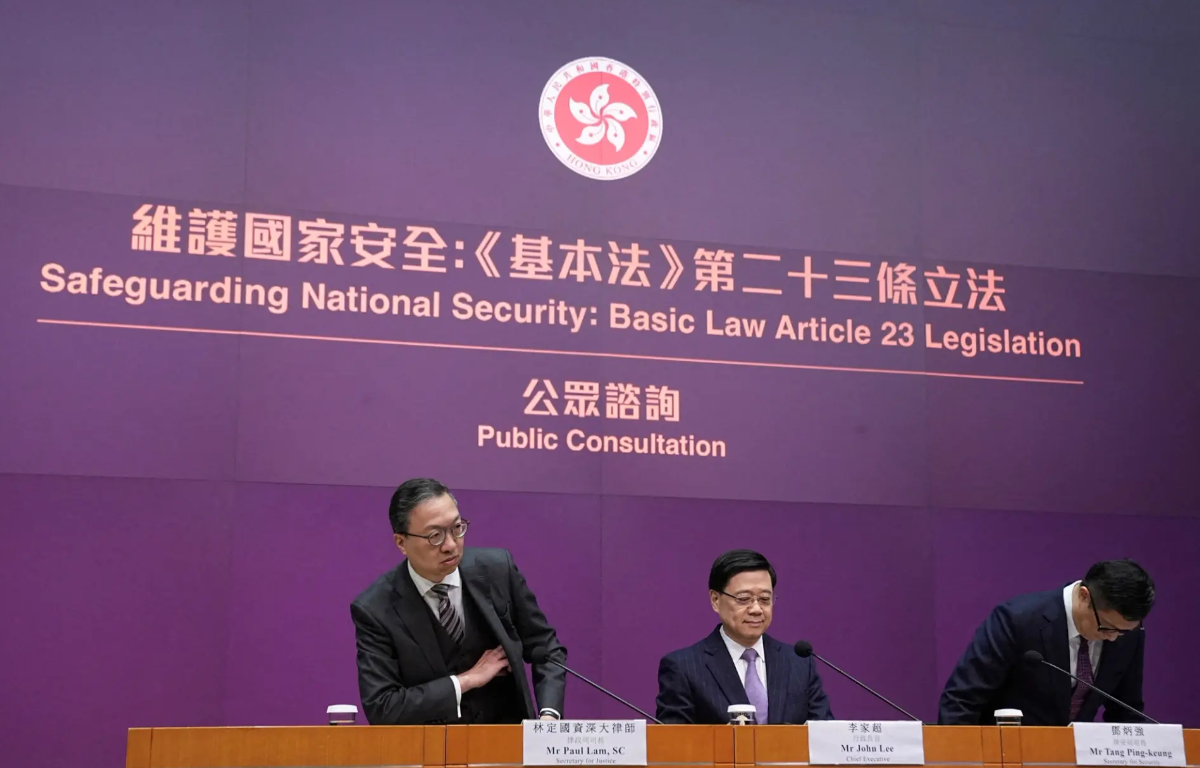
Geospatial intelligence, which involves the analysis of satellite imagery and other geospatial data for strategic purposes, plays a crucial role in modern military and strategic planning. China’s collaboration with Russia in this domain has raised eyebrows and prompted discussions about its implications for international relations and strategic dynamics.
The partnership between China and Russia in the field of geospatial intelligence underscores the deepening ties between these two major powers. While both countries have distinct geopolitical interests and priorities, their shared objectives in countering perceived threats and balancing against Western influence have led to increased cooperation across various domains, including defense and technology.
Geospatial intelligence, derived from satellites and other advanced platforms, provides valuable insights into military activities, infrastructure development, environmental changes, and other critical factors that shape strategic decision-making. By sharing geospatial intelligence, China and Russia can enhance their situational awareness, monitor regional developments, and potentially coordinate their responses to common challenges.
The collaboration in geospatial intelligence also reflects broader trends in global power dynamics. As traditional alliances shift and new partnerships emerge, countries like China and Russia are seeking to strengthen their strategic positions and expand their influence on the global stage. Geospatial intelligence capabilities contribute to their ability to project power, assess threats, and assert their interests in key regions.
The implications of China providing geospatial intelligence support to Russia extend beyond bilateral cooperation. The sharing of sensitive intelligence data raises questions about information security, data privacy, and the potential for technology proliferation. It also highlights the evolving nature of strategic partnerships in an increasingly interconnected and competitive world.










Share this: